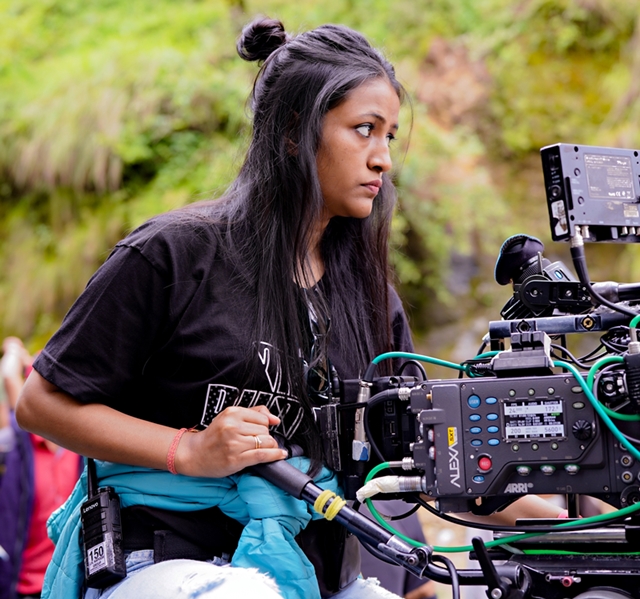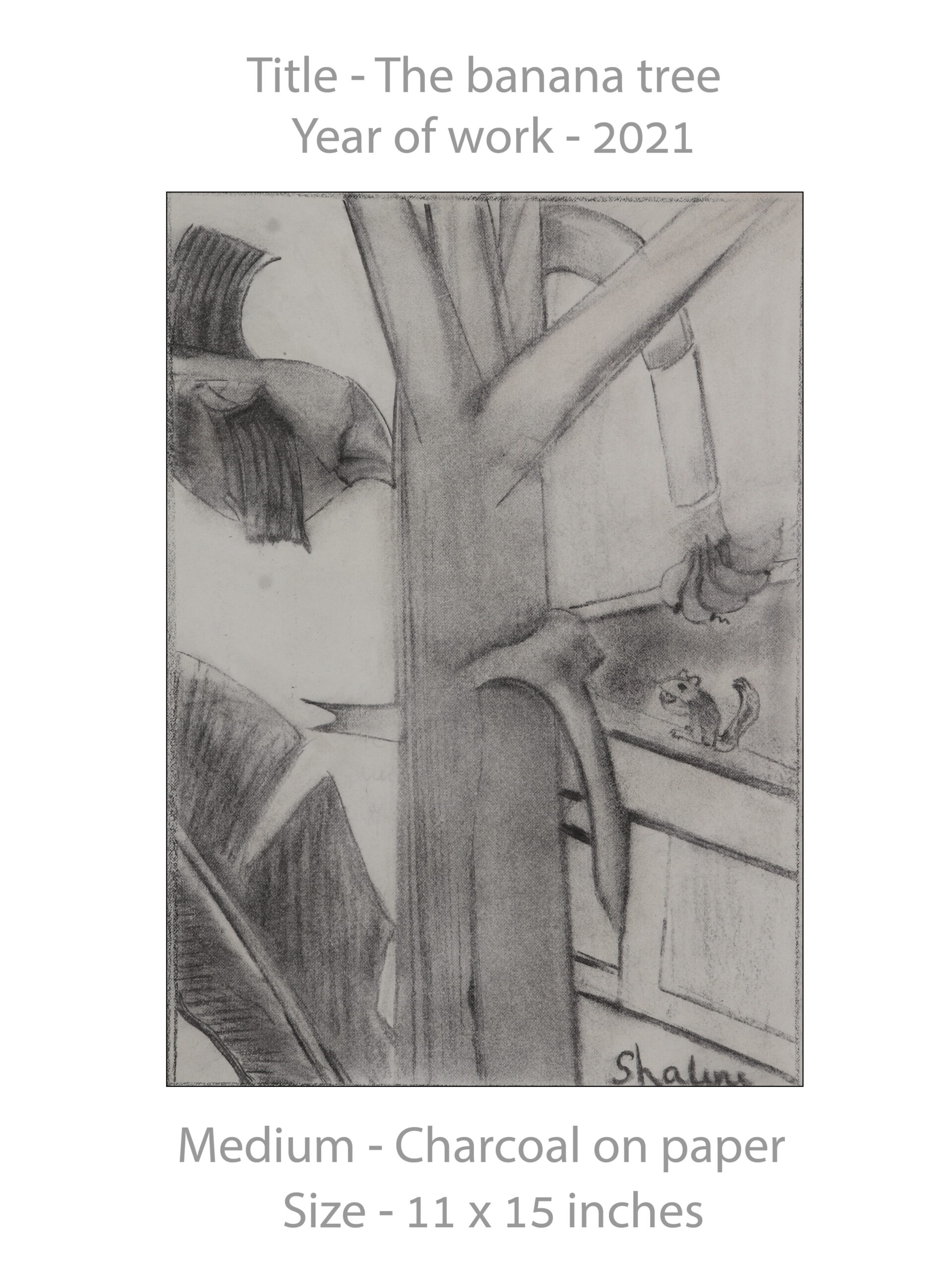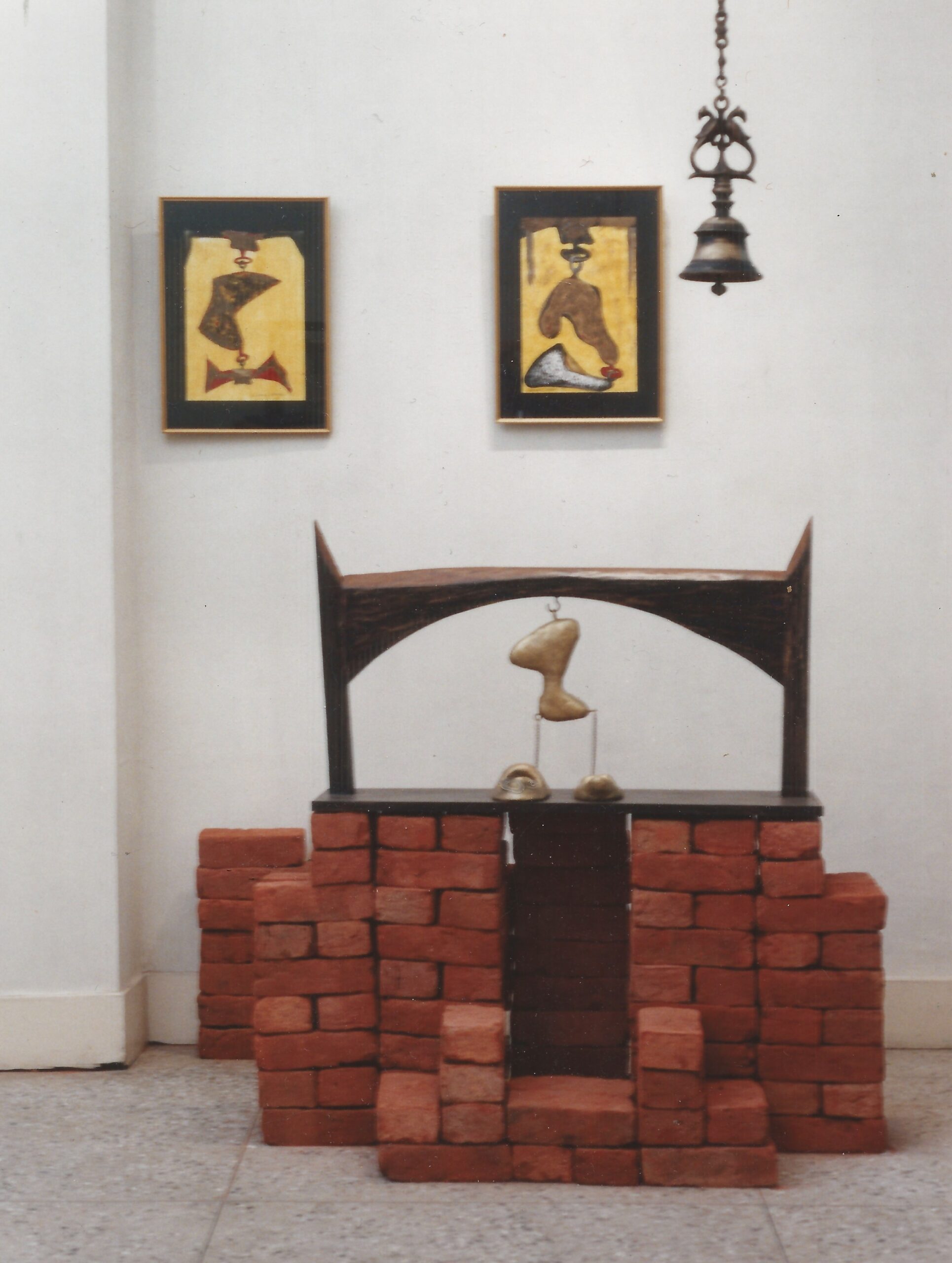‘I went through so many rejections that I can’t remember.’
Mumbai, the city of dreams, beckons ambitious young people, including women, who aspire to conquer the Hindi film industry. These women, like Fermin, face a myriad of challenges: competition, financial struggles, gender stereotypes, and the uphill battle of a male-dominated field. Yet, they persist, honing their skills and fighting for recognition in roles traditionally reserved for men. Like Fermin’s, their journey paves the way for future generations, inspiring others with their stories of resilience and success and proving that dreams can come true.

One such girl is Fermin. She is from Goalpara, a small town in Assam. At a very young age, she left Assam, went to Bangalore with her brother, and graduated from Bangalore University. After graduation, she enrolled in the Natya Institute of Kathak and Choreography to become a choreographer, as I had been into dance since childhood. While pursuing this, she realised that acquiring knowledge of cameras and frames would help her improve her skills as a choreographer. So, after completing the course, she left for Mumbai to learn cinematography. There, she joined ZIMA – Zee Institute of Media and Arts under the guidance of DOP Nadeem Khan. Now, she is working in the Bollywood industry not as a choreographer but as a cinematographer.
What were some of the biggest challenges you faced when you first moved to Mumbai to pursue a career in cinematography? How did you overcome those obstacles?
Mumbai is the epicentre of India’s film industry, and moving there was both thrilling and daunting. When I arrived, I didn’t know anyone, neither in the city nor in the industry. It was tough to build a network or get a break. I still remember calling the DOPs and production houses, not for days or weeks but for months, and going to the meetings whenever called upon. I must tell you that navigating in Mumbai is neither cheap nor living; the financial crunches I went through in my starting days were too much. It’s not like you go for some meetings, and you’ll get a break; I went through so many rejections that I can’t remember. But I didn’t quit and just went on. So, I started working on some small projects like ads, music videos, short films, and events to make ends meet and create a portfolio. One day, all the planets were aligned. I got my first official project as an assistant Cinematographer in “Gulaab Gang”.
Mumbai, the heart of India’s film industry, is renowned for its cutthroat competition. As an outsider from Assam, how did you break into this fiercely competitive field?
When I graduated, I had yet to learn where to work, whom to assist, and how to move forward. But one thing was crystal clear in my mind without a shadow of a doubt: for me, there was no other option. No matter the problems, I had to face them and move forward, as filmmaking was the only thing I knew and wanted to do. So I did everything: working as an intern, as an assistant for a much longer time, working 12-15 hours per day in extreme weather, or lifting the lights. After a long time, I got my first independent project. It’s just because I never quit; I went through all the hoops to get where I am.
Can you describe your journey and some essential projects/films that helped establish you as a respected cinematographer in Mumbai?
My journey as a cinematographer in Mumbai has been slow but fulfilling. One of my earliest milestones was working as an intern for the movie “Anjaan” alongside the visionary Santosh Sivan, whose guidance and expertise shaped my understanding of visual storytelling.
Following that, “Gulaab Gang” “Hero,” “Arranged Love,” and “Katti Batti” provided another significant platform for me. Assisting on “Zid” with the esteemed Yash Bhatt elevated my mindset further. In addition to mainstream cinema, I’ve also delved into regional films, contributing to Malayalam, Tamil, Telugu, and Marathi films.
Recently, I had the privilege of working on a documentary with Emmy Award-winning director Erika Cohn.
Currently, I’m immersed in my second documentary endeavour, collaborating with director Svati Chakraborty Bhatkal, known for her work on the ground-breaking “Satyamev Jayate” TV series. This new project promises to be another milestone in my journey.
What advice would you give aspiring cinematographers, especially those from smaller cities/towns, who dream of making it big in the Indian film industry?
I don’t think that I have achieved my goal or I am the right person to give advice, but I’ll share some small things that can help if anyone wants to pursue anything, not just this. Formal education and training are the foundation for anything, without which it would be very hard to achieve anything. Secondly, if you want to be a cinematographer, make small short films as it’s something you can learn by doing. Most importantly, you cannot be lazy if you want to work in this industry.
Always stay true to your vision while adapting to industry demands and maintain your unique perspective and style; authenticity can set you apart in any field.
Would you love to work in your state, Assam, in a regional film with a budget comparatively low to Bollywood’s?
I would love to work in Assam. In my home state, the budget will not be a constraint for good creative work.











👏🏻👏🏻
Just Great stroy of a struggler… Inspiring all age groups specially those who in frustration get aside or out of life.
Truely Inspiring story..well brought out.